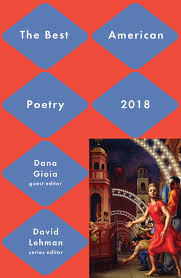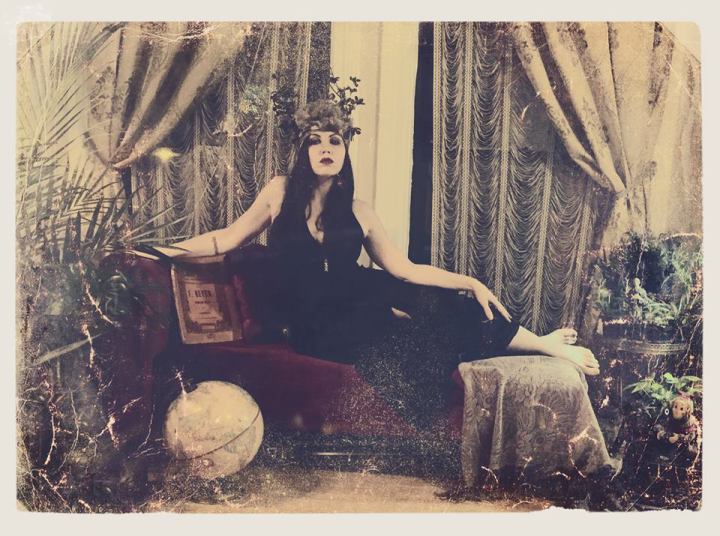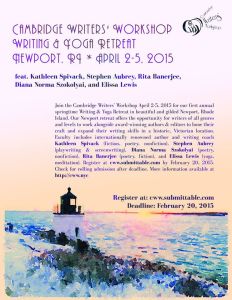Join the Cambridge Writers’ Workshop on our summer writing retreat to the cultural oasis of Granada, Spain. Located at the foot of the Sierra Nevada mountains in Andalucía, Granada is one of the gems of Spain and has inspired writers from Washington Irving to Salman Rushdie to Ali Smith. Let the old city stimulate your writing with its winding streets, Moorish history, and evocative landscapes. Or, indulge in delicious Andalucían cuisine and traditional Arab baths. Work with world-renowned authors on your manuscript, or look to the beauty and warmth of Granada to inspire all-new projects.
Our Andalucían writing retreat will feature twice-daily lessons or workshops with both CWW faculty and famed writers who will focus on strengthening your craft. Our lodgings in Granada have room for private as well as group writing, allowing you to take advantage of the unique atmosphere to concentrate and convene with your fellow writers. The exclusive boutique-style accommodations with alluring rooms and expressive architecture offer a calm and relaxing environment.
In addition to workshops and lessons, daily yoga lessons help soothe the mind and body by creating opportunities for personal exploration and inspiration. Taught by CWW’s very talented yoga instructor Elissa Lewis, our yoga classes focus on both the structural and spiritual and can be personalized according to any physical demands you may have.
Our Andalucían writing retreat will take place from August 3-10, 2015, and cost of the workshop is $2950, which includes lodging, craft of writing seminars and writing workshops, yoga classes, room cleaning, and breakfast.
The retreat location places you within close distance to the best of Granada, including the majestic Alhambra and the historic Moorish quarter the Albaicín. Granada is well-connected to the rest of Andalucía through public transportation, should you wish to explore the Costa del Sol, the Alpujarras mountains, or nearby Sevilla and Córdoba. Or, soak up all that Granada has to offer and enjoy tapas bars, Moroccan tea rooms, or flamenco.
Faculty includes Peter Orner (fiction, nonfiction), Rita Banerjee (poetry, fiction), Diana Norma Szkoloyai (poetry, nonfiction), Jessica Reidy (fiction, poetry) and Elissa Lewis (yoga, meditation).
FAQ
What Happens After I apply?
Once you apply, you can expect to hear from us within 7-10 days and know whether you were accepted into the program. Once you are accepted, you will receive a welcome packet with detailed information regarding the program.
What is the process of paying tuition?
Once you are accepted into the program, you will need to pay a 30% tuition deposit ($885) to hold your seat within 3-5 days of acceptance but not later than April 30, 2015. The remainder of tuition ($2065) will be due by May 5, 2015. Our standard and preferred method of payment is PayPal invoice. You can also mail us a check. Please note that the deposit is non-refundable after May 5, 2015.
What is included in tuition?
-lodging in central Granada
-daily breakfast
-creative writing workshops
-craft of writing seminars
-one-on-one manuscript consultation
-daily yoga and meditation classes
-room cleaning
Where will the program be held?
The program will be held at Gar Anat Hotel Boutique (http://hotelgaranat.com/?lang=en), Placeta de los Peregrines 1, 18009 Granada, Spain.
What if the deadline has passed? Can I still apply?
Sometimes, we do have spaces open after our deadlines have passed. Please apply or just email us directly at directors[at]cambridgewritersworkshop.org to check whether there is still availability.
Application Deadline: May 1, 2015
Also, bonus excitement, I’ll be offering fortune telling and energy healing (Reiki) sessions, and Diana Norma Szokolyai will be offering aromatherapy.

















